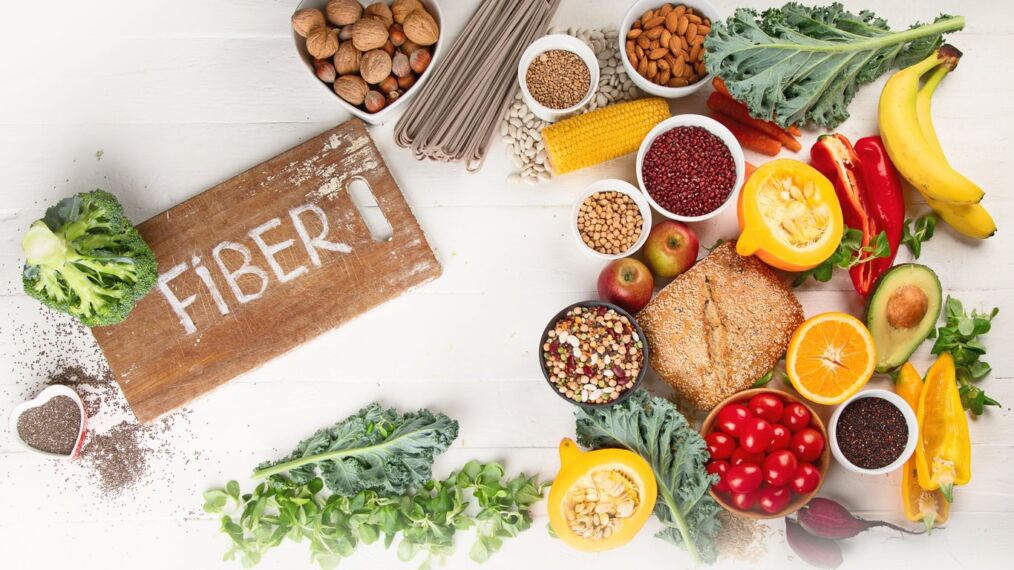Gastrointestinal issues have many different types and many different symptoms. If you suffer from any one of them, don’t worry because you are not alone. It is estimated that more than 40 percent of adults worldwide suffer from some kind of gastrointestinal issue. With that in mind, we will identify some of the most common ones and look at three ideas to help.
What Is a Gastrointestinal Issue?
Simply put, the Cleveland Clinic says a gastrointestinal issue is anything related to the gastrointestinal (GI) tract from the beginning of process when you ingest something in your mouth to the end of the process when you take a poop. Gastrointestinal issues include constipation, irritable bowel syndrome (IBS), food poisoning, bloating, diarrhea, and many more conditions.
Constipation occurs when you have a difficult time having a bowel movement or if you are having them fewer than three times a week. It is commonly due to a lack of fiber or water. While it is identified as a gastrointestinal issue itself, it can also be a symptom for other diagnoses, such as celiac disease. Celiac disease is when a person’s immune and digestive systems have an adverse reaction to gluten. Other symptoms of celiac disease might be abdominal pain, bloating or diarrhea.
IBS has a long list of possible symptoms, including abdominal pain, cramps, excess gas, and bloating. Symptoms for other gastrointestinal issues can include nausea, vomiting, or indigestion.
What Are Some Ideas to Help With Gastrointestinal Issues?
1. Fiber

You may have noticed that one of the two common causes for constipation is a lack of fiber. This is an important component of anyone’s diet. Fiber is a non-digestible carbohydrate that can be soluble (dissolves in water) or insoluble. You should be getting at least 25 grams of fiber in your diet each day. For men under 50 years old, you’re recommended to consume around 35 grams per day.
Fiber can be found in all sorts of healthy foods, including fruits, vegetables, and almonds. Specifically, oranges, bananas, apples, carrots and spinach can provide multiple grams of fiber per serving. Black beans and rice are also a great source of fiber. Don’t overdo it, though. Despite there not being an official maximum for fiber per day, keep in mind that eating too much fiber has the potential to cause similar symptoms as not enough fiber, including bloating, cramping, and constipation.
Outside of helping with gastrointestinal issues, fiber has also been connected to supporting weight loss and lowering the risk of heart disease.
2. Berberine
The list of potential berberine benefits might be longer than the list of symptoms for gastrointestinal issues. Berberine is found in plants and has been used for medicinal purposes for thousands of years. One of the ways it has been used by traditional healers has been for digestive disorders. Its properties can help support a healthy digestive system.
Berberine benefits a number of other systems in your body. It has been mentioned as a way to support weight loss efforts when taken with a healthy diet and exercise. Berberine benefits also include supporting the removal of bad cholesterol by the liver. Additionally, berberine benefits heart health and helps support healthy blood pressure.
3. Water

You cannot overstate the significance of water’s role in your body because it makes up more than half of it. In adults, water accounts for anywhere between 50% and 70% of their body weight. Because of that, recommendations for daily water intake have varied widely of the years.
The National Academies of Science, Engineering, and Medicine recommend approximately 2.7 liters of water each day for women and 3.7 liters for men, but these are still guidelines. You need to be in tune with your body and learn what level of hydration you need to function best. If you have a physically demanding job or work outside in the sun all day, your body will likely need more water than someone sitting at a desk inside. Your weight and your metabolism can be factors, too.
There is no way around it, though. Every part of your body benefits from the proper amount of water, including your blood, joints, skin, and teeth. Your digestive system is part of that list as well.
Conclusion
Whether it is constipation or irritable bowel syndrome, gastrointestinal issues are not any fun. We examined some of the common diagnoses as well as the common symptoms associated with them. Pay attention to your symptoms. If they last for an extended period of time, you may need to see a doctor. These three ideas of getting the correct amount of fiber, taking berberine, and increasing your water intake can help support a healthier digestive system.

